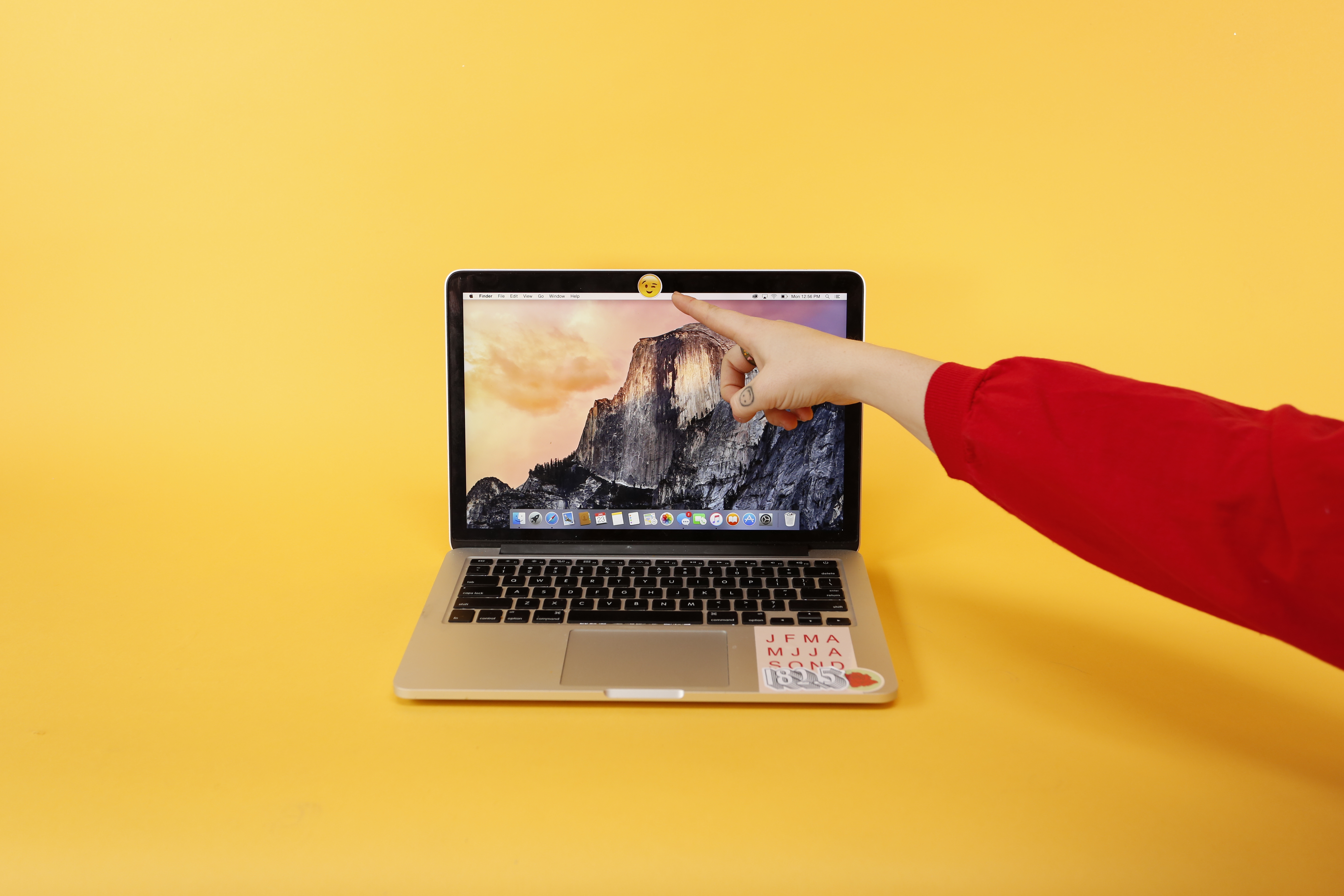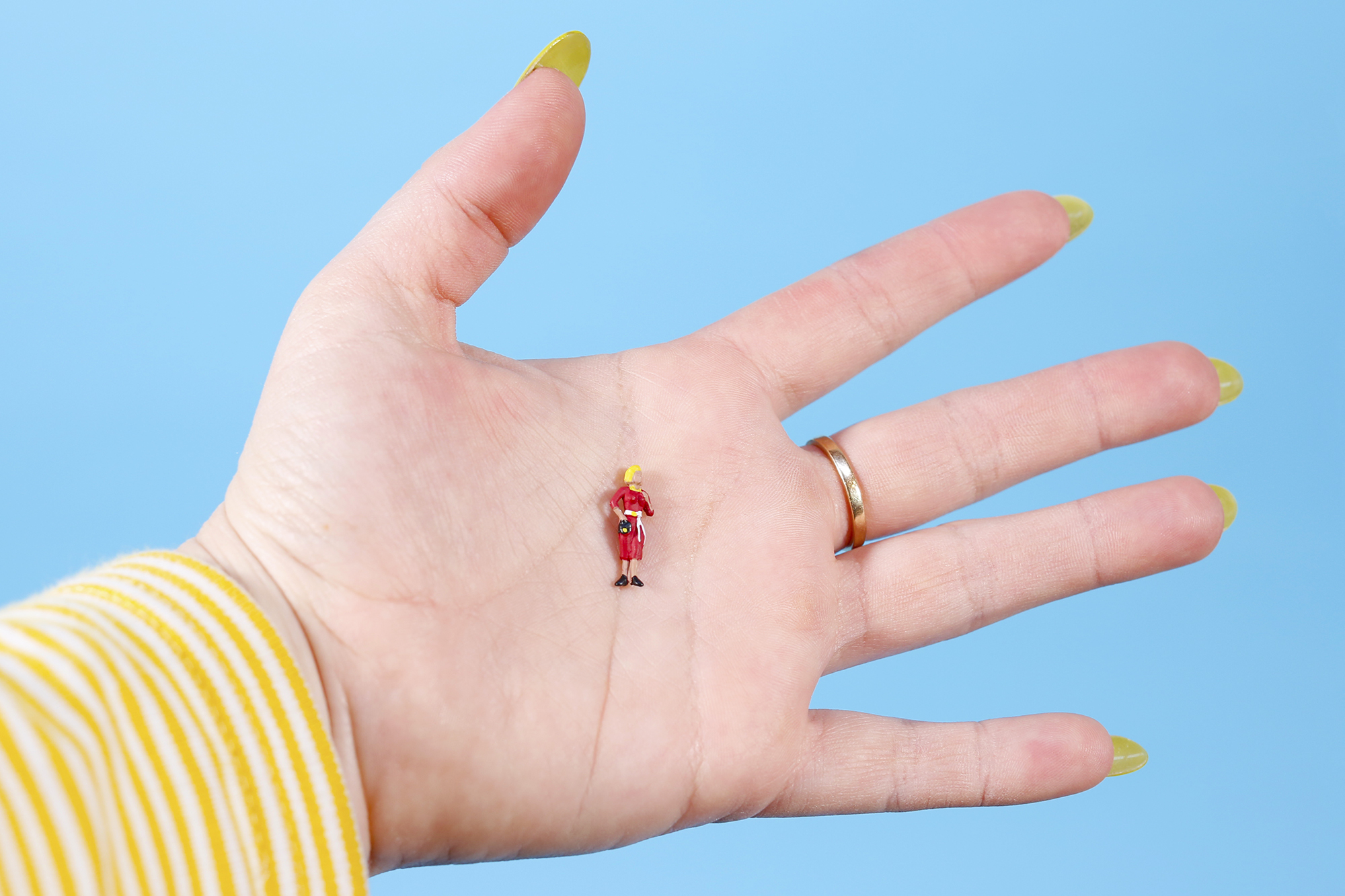Video Projects
Life Lessons: Privacy Please

A few weeks ago an odd occurrence brought me to my elbows, perched in front of Google and primed to ask some questions. I typed, ‘Is my smartphone listening to me all the time?’ followed shortly by ‘Should I convert to asceticism, move to the woods, and bury my iPhone in a shallow and forgotten grave?’. I’ve heard the myths, read the unsubstantiated claims in semi-reputable publications, and delved deep into the extensive reddit threads, but I have never actually thought my phone was eavesdropping on me.
I was hanging with a group of my girl friends, shooting the shit, talking dating apps, recent Bumble matches and the bright shiny possibilities of 2017. One friend reached for her phone to do a quick Instagram scan, and was met with a very strange sponsored post, promoting Bumble. Since sponsored posts are targeted, a Bumble ad is probably a fairly typical occurrence for many people, but in this case, it made zero sense. This friend has been in a relationship for years, and is actually newly engaged (mazel!). All her recent searches on the internet have been nuptial-centric, and she has never searched or discussed Bumble in her life . Yet, there it was, on her screen, and suggesting she think about swiping right mere moments after we had our conversation about the app in the phone’s proximity. Coincidence? Confirmation bias? I’m not quite sure.

As a fairly naive (albeit voracious) user of technology, I admittedly haven’t given the thought of my security on the internet much consideration beyond the most basic Facebook privacy settings. The idea that my smartphone’s microphone is being utilized, without my knowledge, let alone for the benefit of businesses, is extremely unnerving. If this is the case, what’s the difference between my tech being hijacked by a hacker, or by a *legit* business? I was generally aware that my internet usage was being tracked, data collected, and sold on some level, but how much access do these companies and their software actually have?
Over the years I’ve come to gain a very basic understanding of ‘data mining. As you peruse the web – your online shopping, your sex positive porn, your utter and complete Netflix devotion – ‘cookies’ (small text files) are saved via advertisers. These cookies are later compiled together with all the others you encountered during your browsing to help create a ‘portrait’ of your online behaviour. All the information being collected from your activity on social channels, as well as the internet at large is being analyzed, and combined with other details by ‘data brokers’, who are using this information to place you into specific (and valuable) lists. These lists are then sold to marketers and advertisers so they can better target specific audiences they’re trying to reach (note: this is a complete laywoman’s/simplified explanation, add a grain of salt as you read on).

This is just one way that you’re completely visible when using your technology. Apps and websites constantly ask for our emails, access to our current location, and other personal details and for the sake of convenience we hand it over willingly. If this tech can access our GPS information, why would the other capabilities of our phone (microphone, camera, call history etc.) be exempt? In the last couple weeks the Meitu app swept across social media like a tidal wave. While you were using the app to filter your photos so you had adorable glossy eyes the size of saucers, the app was apparently collecting unnecessary information like your location data, unique SIM card number, call info, and carrier details. Many of these permissions are stated when you download the app, but some of them were left unmentioned. Whether they were there or not, the fact remains that billions of people were giving this company in China access to their device and information. When I download an app I rarely go through the permissions with a fine-tooth comb – in fact I typically just click install immediately like a naive dimwit. Lesson learned.
Our reliance and trust in technology often goes without thinking. Our smartphones and computers have become our most vital appendages, helping us get through our day with ease and keeping us connected. If I’ve learned anything from my recent attempts at understanding this issue it’s that a) I have a hell of a lot to learn, this topic is incredibly complex – I’ve barely just scratched the surface and b) one must take precautions if you want more anonymity. Using software like TOR, allows you to browse without having your internet traffic analysed and tricks like covering your camera or physically disabling your microphone are easy ways of keeping your device and its functions in your own hands. Educate yourself rather than asking Siri – you never know, she could be catching more than she’s letting on.

















